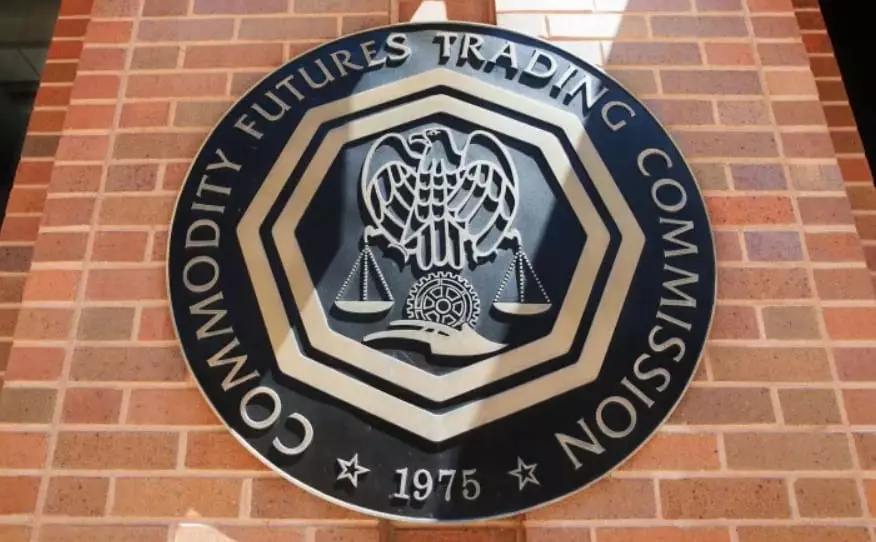The recent scrutiny of Crypto.com and Kalshi by the Commodity Futures Trading Commission (CFTC) highlights a crucial moment in the evolving relationship between the financial technology landscape and regulatory frameworks. The CFTC’s decision to seek clarification regarding the legality and compliance of these firms’ event contracts represents a proactive approach to ensuring market integrity and safeguarding against potential manipulation risks that could undermine the trust in derivatives markets.
Event contracts, which allow traders to place wagers on specific outcomes, present a unique intersection between gaming and financial securities, prompting regulatory bodies to further evaluate their compliance with existing laws. The CFTC’s authority to demand additional documentation from firms that self-certify their products underscores the increasing importance of accountability and oversight in this fast-paced market.
In the face of CFTC’s inquiries, Crypto.com has expressed confidence in the legality of its offerings. Their assertion that the CFTC is the rightful authority to maintain market integrity showcases an understanding of regulatory dynamics but also raises questions about the future of their event contracts. Their willingness to cooperate with the CFTC’s review process indicates a strategy that prioritizes compliance, yet the strategy might also reflect the apprehension of potential penalties or the risk of being forced to halt operations.
Crypto.com’s decision to withdraw its two contracts from the review process and self-certify a new contract related to spectator sports suggests an adaptive response to regulatory pressure. However, the effectiveness of this maneuver remains uncertain and could set a precedent for how similar entities might navigate compliance challenges in the future.
This situation is emblematic of a broader trend in regulatory oversight regarding prediction markets, especially as they gain traction in tandem with blockchain technology. The simultaneous launch of event contracts by Robinhood Derivatives on KalshiEX, allowing traders to bet on the outcome of significant sports events, further complicates the landscape. This move may signal a burgeoning trend toward more regulated forms of event contracts in the derivatives market, yet it also places KalshiEX under the CFTC’s watchful eye.
The CFTC’s previous warnings regarding conspiracy risks on platforms like Polymarket, alongside its recent focus on gaming contracts, illustrate its deepening scrutiny of the intersection between speculative trading and regulatory compliance. The FBI’s raid of Polymarket’s CEO’s apartment several months ago serves as a cautionary tale, highlighting the personal and legal repercussions that can arise from operating within this increasingly complicated regulatory environment.
As the CFTC navigates this intricate landscape, the implications of its findings will extend beyond just Crypto.com and Kalshi; they could reshape the future of event contracts in the derivatives market. Companies in the trading space must remain agile in developing strategies that address compliance, foster transparency, and build trust with regulatory entities. The outcome of the ongoing investigations may set significant precedents for how emerging technologies and financial products will be treated under U.S. law, and firms must be prepared to adapt their business models to ensure continued operations within a more regulated framework. The developments in this space will likely continue to captivate the attention of both traders and regulators alike.















